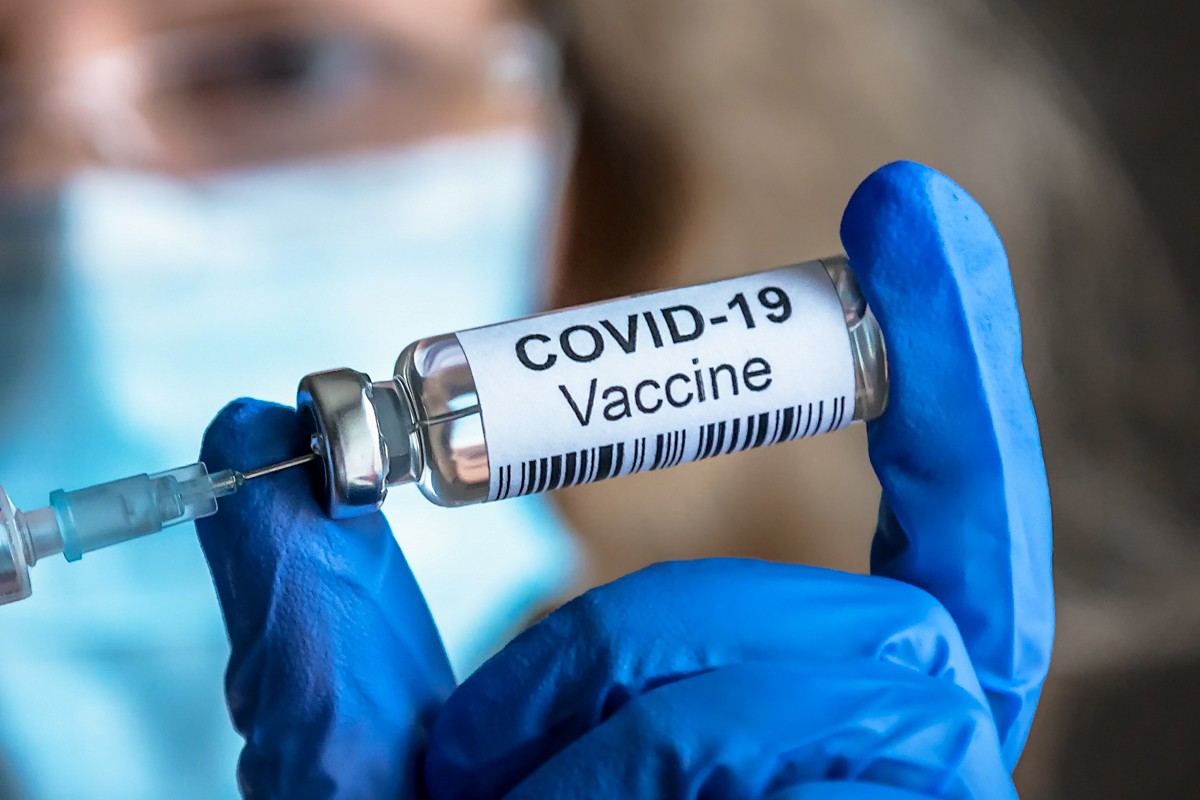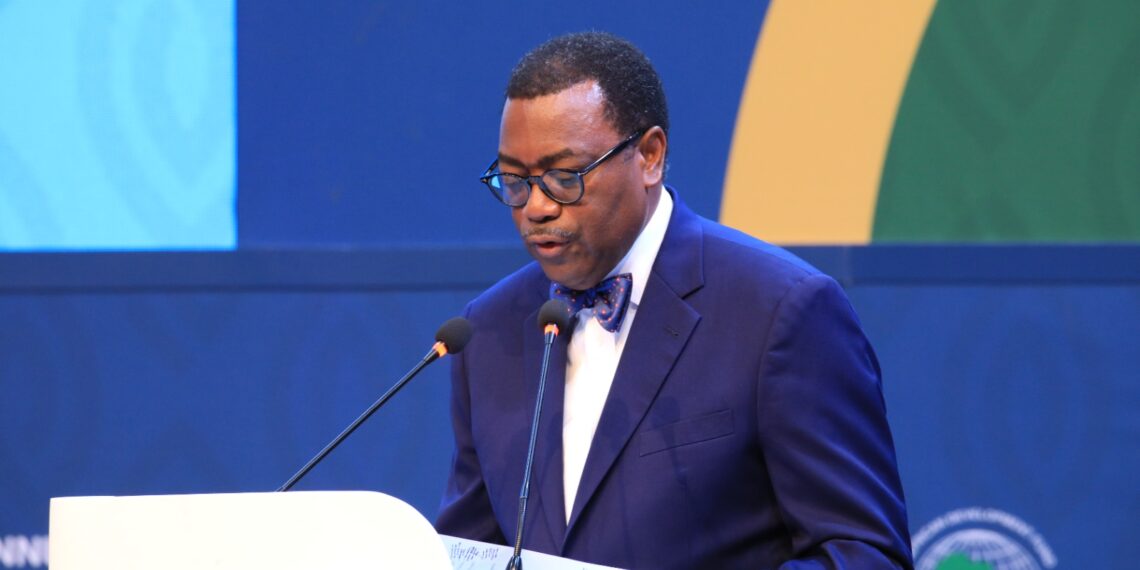
An urgent call to action for vaccine equity
- Health Sector
- No Comment
- 309

From Ebola to COVID-19, one lesson we have learned from responding to health crises stands out: vaccines don’t save lives – vaccinations do.
A recent analysis suggests that enough COVID-19 vaccines will be produced in 2021 to cover 70 percent of every country’s population. However, most of that supply is already reserved for wealthy countries while others are deciding to restrict the export of doses, making it unlikely that many low- and middle-income countries will be able to fully vaccinate their populations before 2023. The situation is compounded by mutations in the SARS-CoV-2 virus that could potentially render first-generation vaccines ineffective in less than a year.
Quite simply, we need to vaccinate more people more quickly. According to experts, the current rate of vaccination of approximately 6.7 million doses per day means it would take 4.6 years to vaccinate 70—85 percent of the population. This World Health Day, the United Nations Development Programme is calling for renewed solidarity and urgency to narrow equity gaps that are leaving countless people, especially those in low and middle income countries behind. Key to doing so is not only increasing access to vaccines, but also building the strong systems needed to deliver them and provide the effective containment and surveillance needed to secure a healthier, safer world.
The first step for increasing access to vaccines – and other necessary tools and treatments – is to boost available supply through multilateral efforts like COVAX and the Access to COVID-19 Tools (ACT) Accelerator led by the World Health Organization (WHO) and partners. According to WHO Director-General Dr. Tedros, manufacturers and countries must work together to donate 10 million doses to COVAX so those countries still awaiting their first shipments of vaccines can begin vaccinating their at-risk health workers and older people. WHO has also called for vaccine producers to license their technologies to other manufacturers to speed up this process. Meanwhile, additional resources must be mobilized for the ACT Accelerator to ensure that countries can access other lifesaving tests and tools.
When those vaccines, diagnostics and therapeutics do arrive, they must be received by systems able to distribute them equitably. Thanks to the COVAX initiative, much-needed vaccines have begun arriving in LMICs around the world. However, insufficient funding for the programme from high-income countries, weak systems for health and shortages of health care workers are now contributing to mounting access and distribution challenges on the ground. Limited capacity also means that the health systems supporting the vaccine effort may be unable to also provide lifesaving care for illnesses like HIV, TB and more, disproportionately impacting vulnerable and marginalized populations.
In the short term, it is critical that we strengthen local infrastructure and distribution networks as quickly as possible. To jumpstart equitable distribution, countries and donors must invest in strengthening systems necessary for the delivery of vaccines. It is also critical to support those delivering the vaccines, equipping community health workers with the resources and training they need to administer doses while continuing to provide essential services for other illnesses. To do their job effectively, health care workers must also be adequately protected and prioritized for vaccination.
Moving forward, we must support efforts to scale up more distributed manufacturing in the long-term so that countries are better prepared for future crises, including through technology transfer and knowledge sharing. Technology transfer and domestic capacity building have proven successful for responding to other viral epidemics, including meningitis, influenza and rotavirus. In each case, strengthening a country’s capacity to manufacture vaccines increased local supply while reducing cost – significantly increasing access to lifesaving tools. This approach will become even more critical as virus variants make regular booster shots likely a necessity.
Finally, long-term system strengthening grounded in human rights is needed to ensure equitable care continues for both COVID-related and non-COVID related illnesses. As the pandemic wanes, strong systems for health will be crucial when caring for patients with “long COVID” and for distributing future variant-adjusted vaccines. Long-term investment in equitable systems for health will also drive progress toward more effective containment, surveillance and universal health coverage, ensuring vulnerable and marginalized populations that have endured immense social and economic strain during the pandemic can access quality, affordable and comprehensive care in their communities. That is why UNDP works with partners like The Global Fund to build inclusive and people-centred systems for health that are resilient in the face of crises.
This World Health Day let us recommit to a just and sustainable recovery from COVID-19, characterized by resilient systems for health that leave no one behind and better preparedness for future outbreaks and pandemics. UNDP stands with WHO and organizations around the world calling on global, national and local leaders to accelerate the equitable rollout of vaccines in every country and reject vaccine nationalism at every turn. A fairer, healthier world is within our reach – but it requires bold action and a systems approach to end the inequities that harm us all.
Written by:
Mandeep Dhaliwal, Director of the Health Group, UNDP Bureau for Policy and Programme Support
Read more: https://www.undp.org/content/undp/en/home/blog/2021/an-urgent-call-to-action-for-vaccine-equity–.html?s=08





